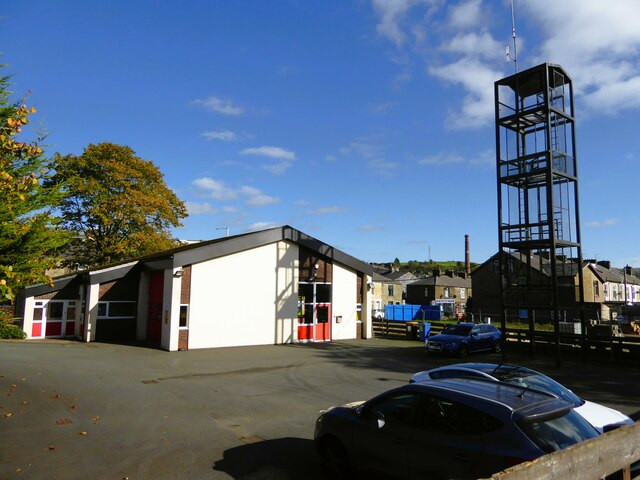The federal cabinet has approved plans for a new dedicated passenger rail line between Quebec City and Toronto that would include high-speed technology, according to a senior government official. This decision marks a significant step forward in the development of a high-speed rail network in Canada, a project that has been under discussion for years. The government is expected to announce the plan in the coming weeks, with many details still unknown.
The government has been reviewing submissions from three bidding consortiums, each of which was required to present two options: one involving traditional trains operating frequently on dedicated tracks and another incorporating at least some segments of high-speed rail. High-speed rail, which typically refers to trains travelling at speeds of around 300 kilometres an hour, is more expensive to build due to the need for bridges to avoid grade crossings.
While the exact details of the project are yet to be released, the announcement of a high-speed rail line represents a major shift in the government's approach to transportation infrastructure. The project is expected to be jointly developed by the federal government and a private consortium, with a construction timeline of four to five years.
High-Speed Rail: A Dream Coming True?
The proposed high-speed rail line would be a game-changer for travellers between Quebec City and Toronto, potentially cutting travel time in half. The current journey takes around five-and-a-half hours by car, but proponents of the high-speed rail project hope to reduce it to just three hours. This would make it a viable alternative to air travel for many travellers.
Reduced Travel Time and Enhanced Connectivity
The introduction of high-speed rail would not only reduce travel time but also enhance connectivity between major cities in Canada. The project would include stops in Trois-Rivières, Montreal, Ottawa, and Peterborough, Ontario, connecting these cities to the high-speed rail network. The line would run parallel and to the north of the tracks currently used by Via Rail, with Via Rail continuing to serve communities on its existing route.
The Cost Factor: A Major Consideration
The project's cost is a major consideration. While the government hasn't provided recent cost estimates, former transport minister Omar Alghabra previously speculated that the project could cost between $6 billion and $12 billion. However, officials have since hinted that the updated cost is likely much higher.
Cost-Benefit Analysis
Despite the high costs, proponents argue that high-speed rail would bring significant economic benefits. Pierre Barrieau, a lecturer in transportation planning at the Université de Montréal, believes that a high-speed rail link could help pay for itself by eliminating the need for new highways and airports. He also argues that a high-frequency train, which would have not been high-speed, would not have brought about a transformation in mobility.
Looking Ahead: A Future of High-Speed Rail in Canada?
The approval of the high-speed rail line between Quebec City and Toronto represents a significant step forward in the development of a high-speed rail network in Canada. It is expected to be the first major high-speed rail project in the country, potentially paving the way for future projects.
A Turning Point for Transportation Infrastructure
The project has the potential to transform Canada's transportation infrastructure, making travel between major cities faster, more efficient, and more environmentally friendly. While there are still many details to be finalized, the government's commitment to high-speed rail is a positive sign for the future of transportation in Canada.
A Vision for the Future
The high-speed rail project could also spark a broader conversation about the role of rail transportation in Canada's future. With growing concerns about climate change and the need for sustainable transportation solutions, high-speed rail offers a promising alternative to air travel and a potential catalyst for economic growth. It remains to be seen how the project will unfold, but it is clear that high-speed rail is poised to play a significant role in shaping Canada's future.



















